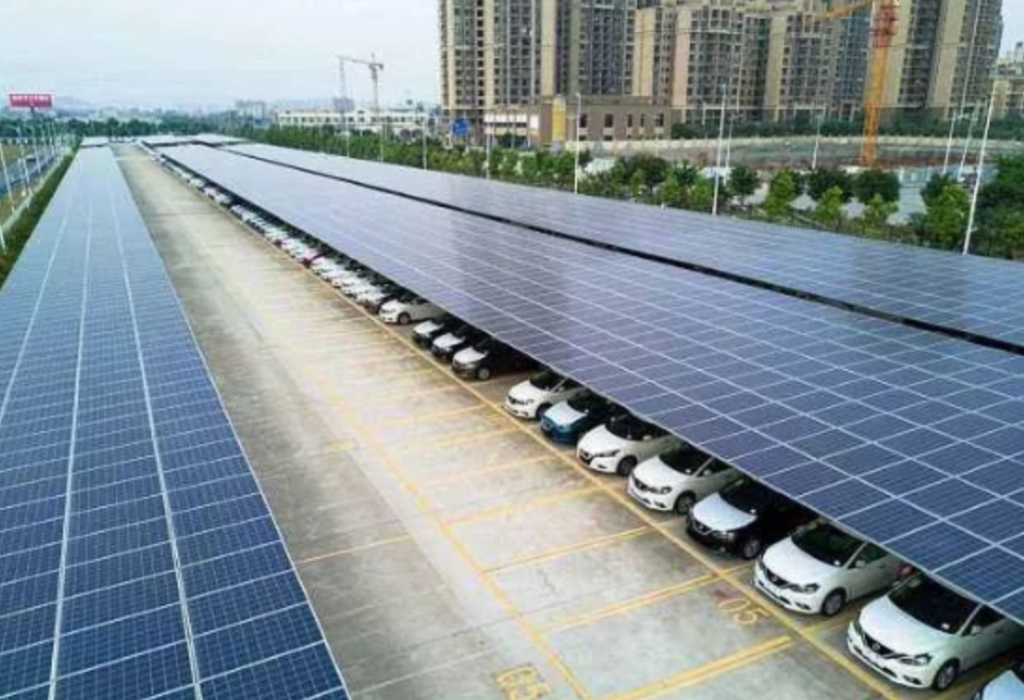

In the wake of the booming development of distributed photovoltaics, many investors have been drawn to constructing photovoltaic sheds in idle spaces within companies or parking lots. These sheds are both aesthetically pleasing and practical, thus winning the favor of numerous corporate owners.
However, despite being on the company’s construction land, some photovoltaic parking sheds deviate from the construction plan. Lacking a construction planning permit, they are often classified as illegal buildings. This poses investment risks for companies; when facing demolition as per government regulations, these sheds won’t receive compensation.
The solution lies in going through proper procedures with the planning department to obtain relevant licenses. But this process must consider property rights issues. Since the land certificate is usually in the name of the enterprise, ensuring that the land ownership remains consistent during the permit – obtaining process is crucial to avoid asset – ownership disputes.
There’s also ambiguity regarding national subsidies for photovoltaic carports. According to the National Energy Administration’s policy, photovoltaic projects on a company’s affiliated free space, including photovoltaic sheds, are encouraged. But the administration hasn’t clearly stated whether they can receive subsidies. Local governments may introduce different regulations. For example, Beijing requires that construction projects be mainly for self – use with surplus electricity fed into the grid, and that land property rights be complete.
Overall, while there are currently no clear – cut cases of photovoltaic carports being barred from filing or receiving subsidies, the situation could change as distributed photovoltaics grow rapidly. Therefore, clarifying property rights, complying with land and planning requirements are vital steps to safeguard investment in photovoltaic shed projects.
